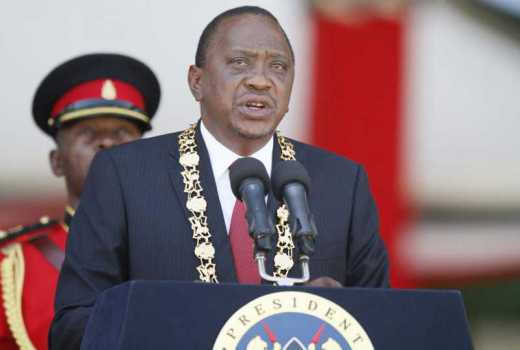
As the politically turbulent year 2017 came to an end, eyes focused on President Uhuru Kenyatta. His handlers and speech writers crafted two documents which, when taken together, aimed at setting the national pace in foreign policy and development projections. Delivered two weeks apart, the statements on PanAfricanism and the Big Four pillars; jobs, food, health, and shelter, sounded visionary.
Uhuru’s “Big Four” likely guiding principle would depend on synchronised domestic and international forces acting together and could be in the same league as three previous pronouncements.